Starting a dump trailer business can be a lucrative venture, considering the growing demand for construction and waste management solutions. Entrepreneurs venturing into this space can enjoy substantial profit margins. However, like any business, it requires careful planning, a thorough understanding of the market, and strategic execution. Below, we provide a detailed roadmap for establishing a successful dump trailer business, structured to address all critical components involved.
Understanding the Market Landscape
1. Industry Overview
The dump trailer industry is linked closely with construction, landscaping, and waste removal sectors. With the rise in construction activities and urbanization worldwide, there’s an increasing need for efficient waste management solutions.
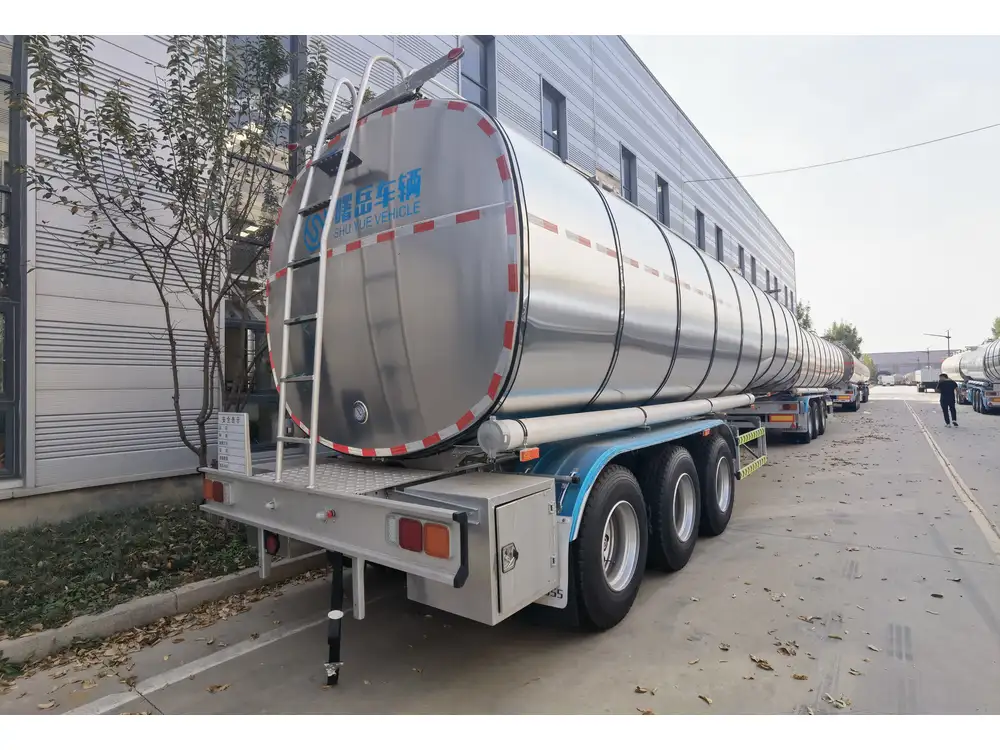
2. Target Market
Identifying your target market is crucial. Consider the following segments:
- Contractors: General contractors and subcontractors require dump trailers for hauling debris and materials.
- Landscapers: Outdoor service providers often need trailers for transporting soil, mulch, and yard waste.
- Homeowners: DIY projects and renovations frequently lead homeowners to seek out dump rental services.
- Property Managers: These professionals rely on dump trailers for ongoing maintenance and cleanup.
Conducting Market Research
1. Analyzing Competitors
Study successful competitors in your region. Focus on their pricing, services offered, customer reviews, and fleet sizes. Create a comparison table to categorize their strengths and weaknesses.
| Competitor Name | Services Offered | Price Range | Fleet Size | Customer Ratings |
|---|---|---|---|---|
| Company A | Residential & Commercial Dumping | $100-$200/day | 10 | 4.5/5 |
| Company B | Landscaping & Renovations | $150-$250/day | 15 | 4.7/5 |
| Company C | Industrial Contracts | $200-$300/day | 20 | 4.0/5 |
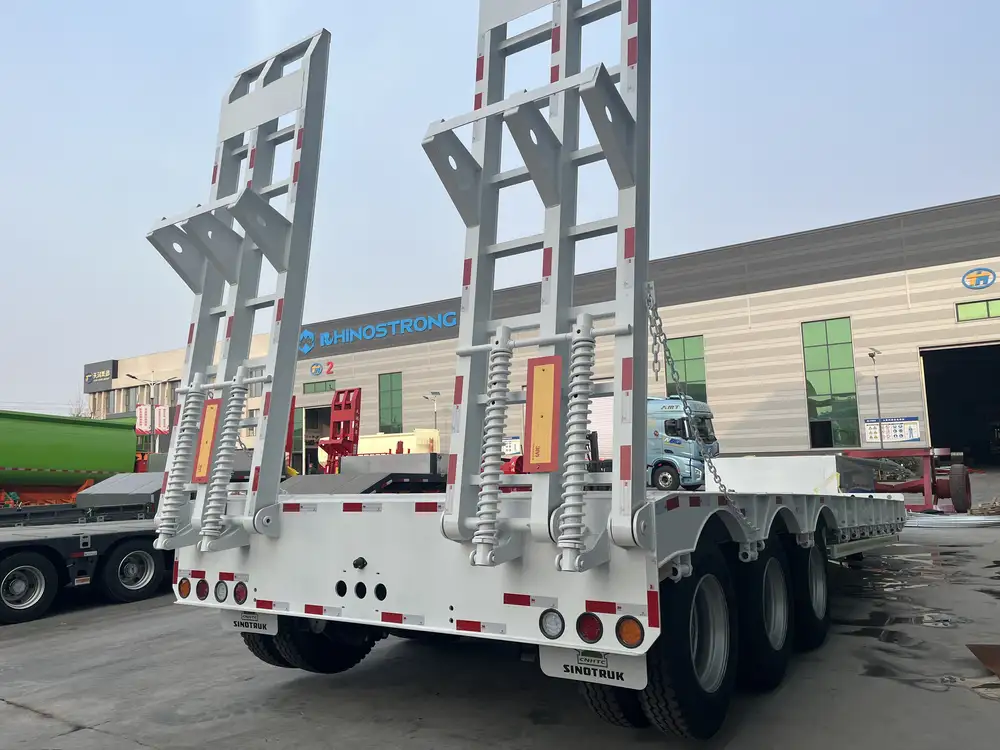
2. Identifying Trends
Stay updated on industry trends such as eco-friendly solutions or advanced trailer technology. Exploring these areas can provide a competitive edge.
Developing a Business Plan
1. Vision & Mission Statements
Define your business’s core values and objectives. Clear vision and mission statements guide your long-term strategy and decisions.
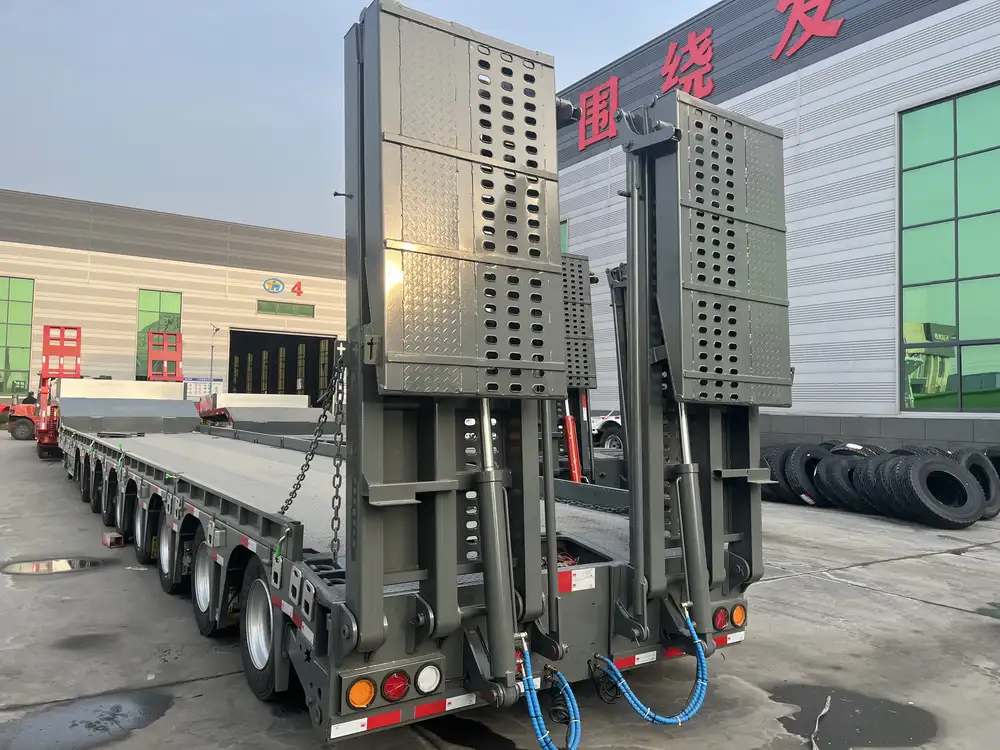
2. Legal Structure
Choose an appropriate legal structure for your business—LLC, Corporation, or Sole Proprietorship. Each has its pros and cons regarding liability, taxes, and operational flexibility.
3. Financial Projections
Create detailed financial projections, including startup costs, operational costs, revenue estimates, and profit margins. Consider the initial investment in trailers, maintenance, fuel, and insurance.
Acquiring Equipment
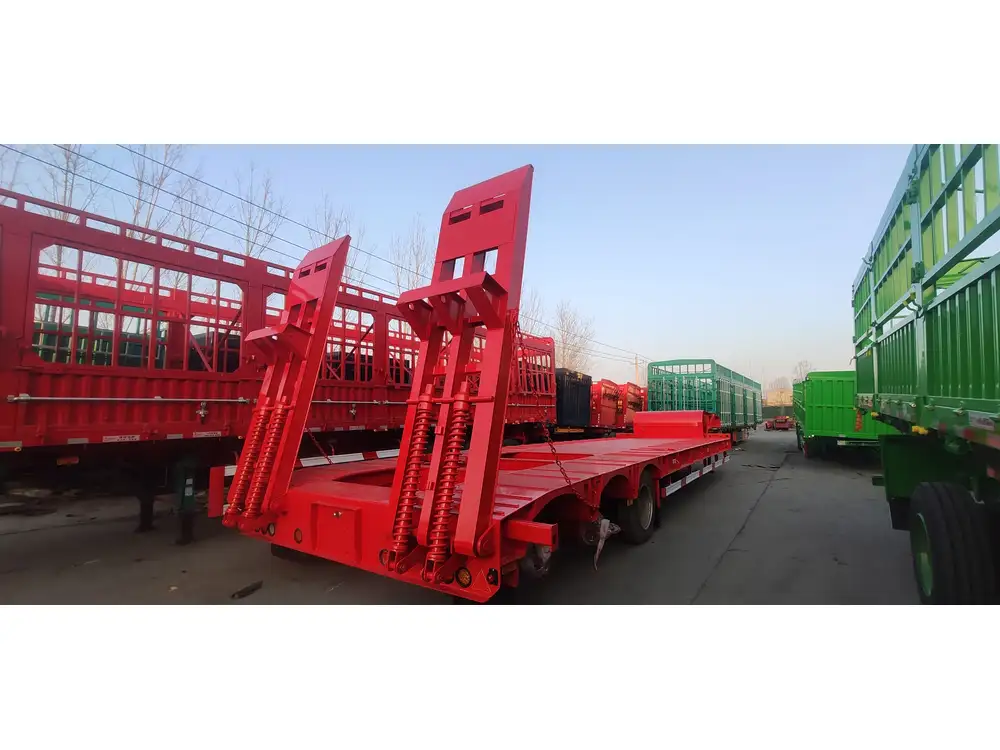
1. Selecting the Right Trailers
Invest in high-quality dump trailers that can meet diverse demands. Different sizes and types cater to various needs, from small residential jobs to large industrial projects.
| Trailer Type | Capacity | Ideal Use |
|---|---|---|
| 5×10 Dump Trailer | 2-3 tons | Home renovations, landscaping |
| 7×14 Dump Trailer | 5-6 tons | Construction and debris removal |
| 8×16 Dump Trailer | 10 tons | Large industrial projects |
2. Purchasing vs. Leasing
Decide whether to buy or lease trailers based on your financial situation and operational needs. Leasing might reduce upfront costs but can be more expensive in the long run.
Setting Competitive Pricing
Crafting a competitive pricing structure requires a keen analysis of operational costs and market rates. Consider offering multiple pricing models:
- Hourly Rates: Ideal for short-term rentals.
- Daily Rates: Attract clients with larger projects.
- Package Deals: Combine services for enhanced value.

Marketing Your Dump Trailer Business
1. Building an Online Presence
A robust online presence can significantly impact your business. Develop a professional website featuring your services, pricing, and a booking system.
2. Search Engine Optimization (SEO)
Optimize your website using relevant keywords such as “dump trailer rental,” “dump trailer business,” and “construction waste removal.” Focus on creating location-based content to attract local traffic.
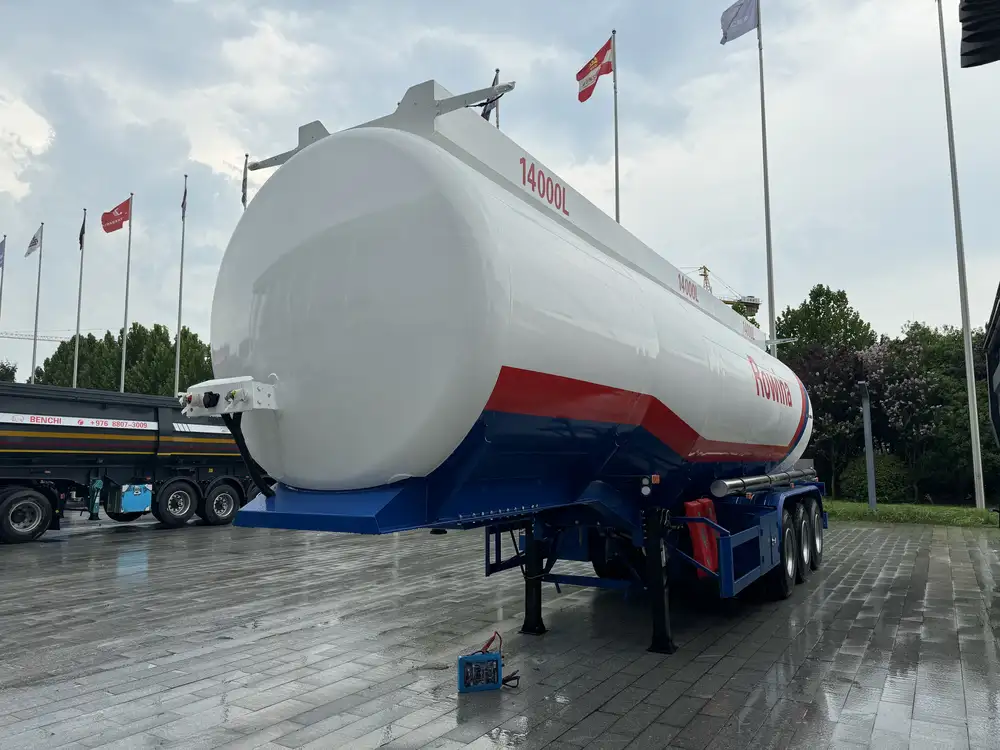
3. Social Media Marketing
Utilize platforms like Facebook, Instagram, and LinkedIn to reach different audiences. Share images of your trailers in action, customer testimonials, and tips for efficient waste management.
4. Networking Within the Industry
Form relationships with contractors, builders, and landscaping companies. Attend industry events and join local business groups to enhance your visibility.
Establishing Customer Relationships
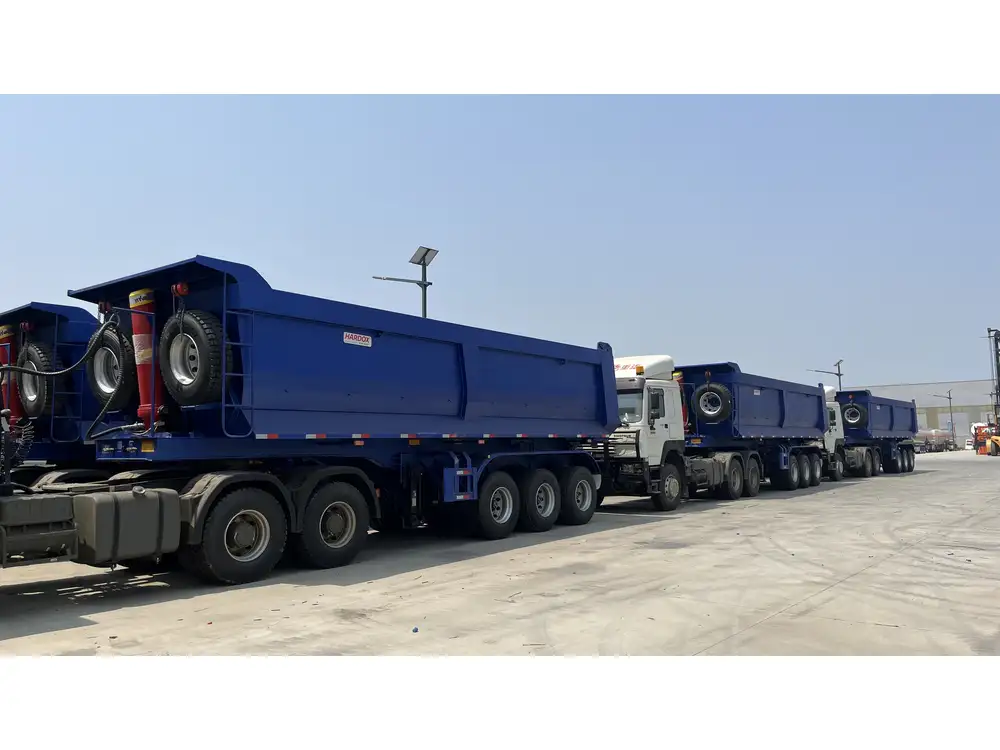
1. Providing Exceptional Service
Deliver unmatched customer service to build a loyal client base. Consider offering the following to enhance customer experience:
- Flexible Booking: Allow online bookings with immediate confirmations.
- On-Time Deliveries: Maintain a schedule to enhance reliability.
- Comprehensive Support: Have a responsive team to address inquiries promptly.
2. Customer Feedback
Encourage feedback through surveys and reviews. Utilize positive testimonials in marketing efforts to build credibility.
Legal and Regulatory Compliance

1. Licensing and Permits
Research the necessary licenses and permits required to operate your dump trailer business. Rules may vary by state or city.
2. Insurance Coverage
Acquire liability and cargo insurance to protect your assets and mitigate risks. Consider additional coverage for your trailers during transportation.
3. Safety Regulations
Establish safety protocols to minimize accidents and injuries. Ensure drivers are trained to handle trailers safely and that the equipment is regularly inspected.

Managing Operations
1. Scheduling and Fleet Management
Utilize software solutions to streamline scheduling and manage your fleet. These tools can optimize routes, track vehicle conditions, and monitor rentals.
2. Maintenance and Repairs
Implement a routine maintenance schedule to keep trailers in optimal working condition. Consider establishing partnerships with local repair services for efficient turning around of maintenance tasks.

Financial Management
1. Budgeting
Create a detailed operating budget that accounts for all costs, including fuel, maintenance, insurance, and marketing expenses. Regularly review financial performance against the budget to identify areas for adjustment.
2. Accounting Software
Employ accounting software to streamline your financial processes. These programs can help with invoicing, tracking expenses, and generating financial reports.

Scaling Your Dump Trailer Business
1. Analyzing Growth Opportunities
Once established, explore growth avenues such as diversifying your fleet, expanding geographic reach, or offering supplementary services (e.g., junk removal or clean-up services).
2. Franchising
Consider franchising if your model proves successful. This allows rapid expansion while maintaining the brand’s integrity.
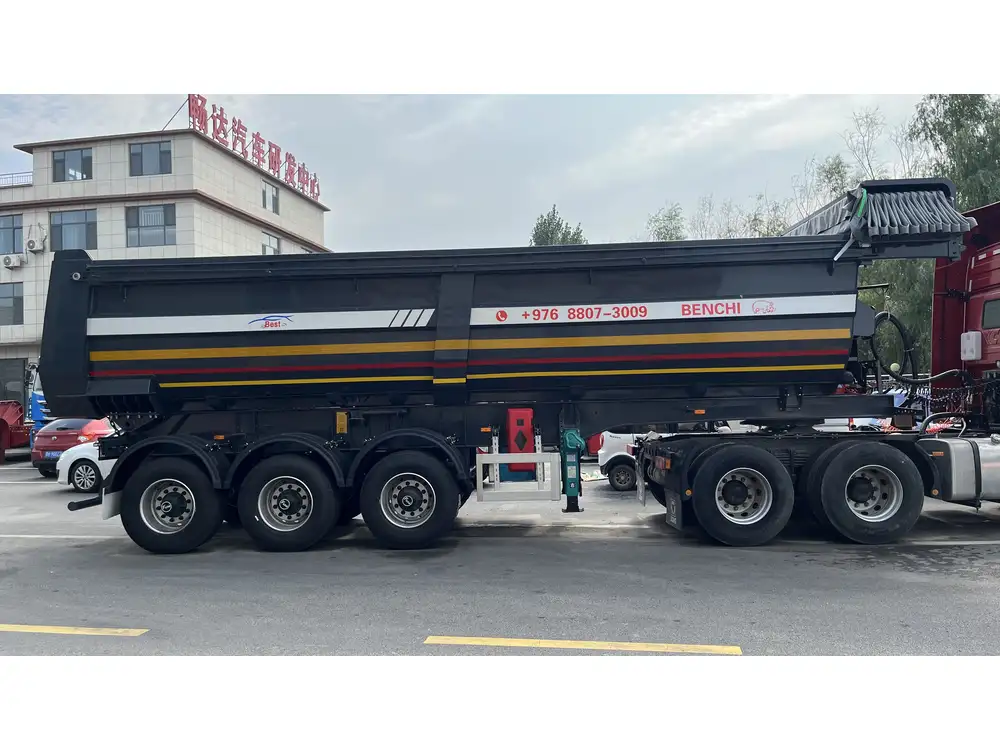
3. Training and Development
Invest in ongoing training for your staff. Knowledgeable employees enhance customer interactions and operational efficiency.
Conclusion: Launching Your Dump Trailer Business
Starting a dump trailer business is not only about hauling materials; it’s about understanding the nuances of the market, building relationships, and providing exceptional value to clients. By following this structured approach, you can navigate the complexities of the industry effectively, ensuring your venture thrives in a competitive landscape.
Whether you are an ambitious entrepreneur looking to enter the waste management market or an established player seeking growth, this guide serves as a comprehensive resource, equipping you with the necessary knowledge to launch and scale a successful dump trailer business. Take the first step today, and watch your vision transform into a thriving reality.



